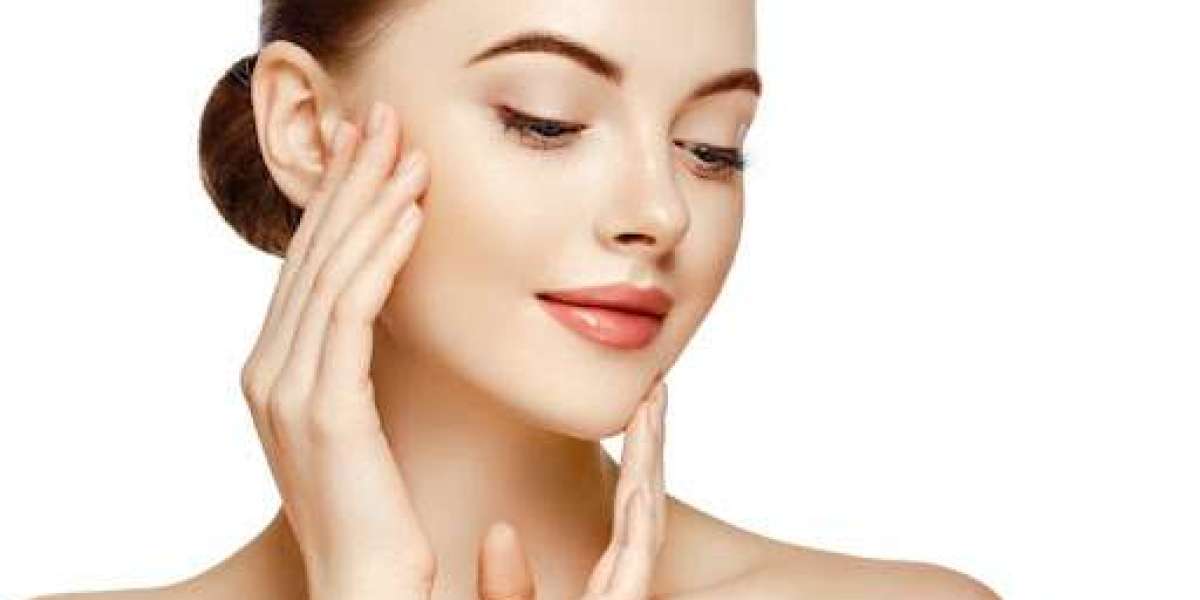Dubai, a city known for its opulence and multiculturalism, is a melting pot of diverse cultures and traditions. Among the many beauty trends that have permeated its society, skin whitening stands out as a particularly intriguing phenomenon. This article delves into the cultural perspectives on skin whitening in Dubai, examining the social, historical, and psychological factors that contribute to its prevalence.
Historical Context
Skin whitening in Dubai practices have deep historical roots in many cultures around the world. In some Asian and African societies, lighter skin has traditionally been associated with higher social status and beauty. This perception often stems from historical class divisions, where those who worked indoors, away from the harsh sun, had lighter skin compared to outdoor laborers. In the context of Dubai, a city that has rapidly evolved from a small trading port to a global metropolis, these historical notions have mingled with modern influences to shape current beauty standards.
Social Influences
Dubai's population is incredibly diverse, with a significant number of expatriates from Asia, Africa, and the Middle East. Each of these communities brings its own cultural beliefs and practices regarding beauty. For many, skin whitening is not just a cosmetic preference but a means of social mobility and acceptance. In some cultures, fair skin is still viewed as a symbol of purity, wealth, and higher social standing. This belief is reinforced by media portrayals and advertising campaigns that often feature lighter-skinned models, further perpetuating the desirability of fair skin.
Psychological Factors
The desire for lighter skin can also be understood through the lens of psychology. In a multicultural society like Dubai, individuals may feel pressure to conform to dominant beauty standards to gain social acceptance or professional opportunities. This pressure can lead to the internalization of the belief that lighter skin is more attractive or successful. Moreover, the pervasive influence of global beauty standards, heavily influenced by Western ideals, can exacerbate these feelings, leading individuals to seek skin whitening treatments.
The Role of Media and Advertising
Media and advertising play a crucial role in shaping beauty standards. In Dubai, the beauty industry is booming, with a plethora of products and treatments available for those seeking lighter skin. Advertisements often depict fair-skinned models as the epitome of beauty and success, reinforcing the notion that lighter skin is desirable. Social media influencers and celebrities also contribute to this trend, as they often endorse skin whitening products, making them appear more mainstream and acceptable.
Health Implications
While the cultural and psychological factors behind skin whitening are significant, it is also essential to address the health implications. Many skin whitening products contain harmful chemicals such as hydroquinone and mercury, which can lead to severe skin and health problems. The demand for these products often outweighs the awareness of their potential dangers, leading to widespread use despite the risks involved.
Changing Perspectives
Despite the prevalence of skin whitening practices, there is a growing movement towards embracing natural beauty and diversity. Awareness campaigns and social media movements are challenging traditional beauty norms and encouraging individuals to appreciate their natural skin tones. In Dubai, where modernity meets tradition, these changing perspectives are slowly gaining traction, promoting a more inclusive and diverse definition of beauty.
Conclusion
The cultural perspectives on skin whitening in Dubai are complex and multifaceted, influenced by historical, social, and psychological factors. While the desire for lighter skin remains prevalent, there is a growing recognition of the importance of embracing diversity and natural beauty. As awareness increases and societal norms evolve, Dubai's multicultural society may continue to shift towards a more inclusive and accepting standard of beauty.







